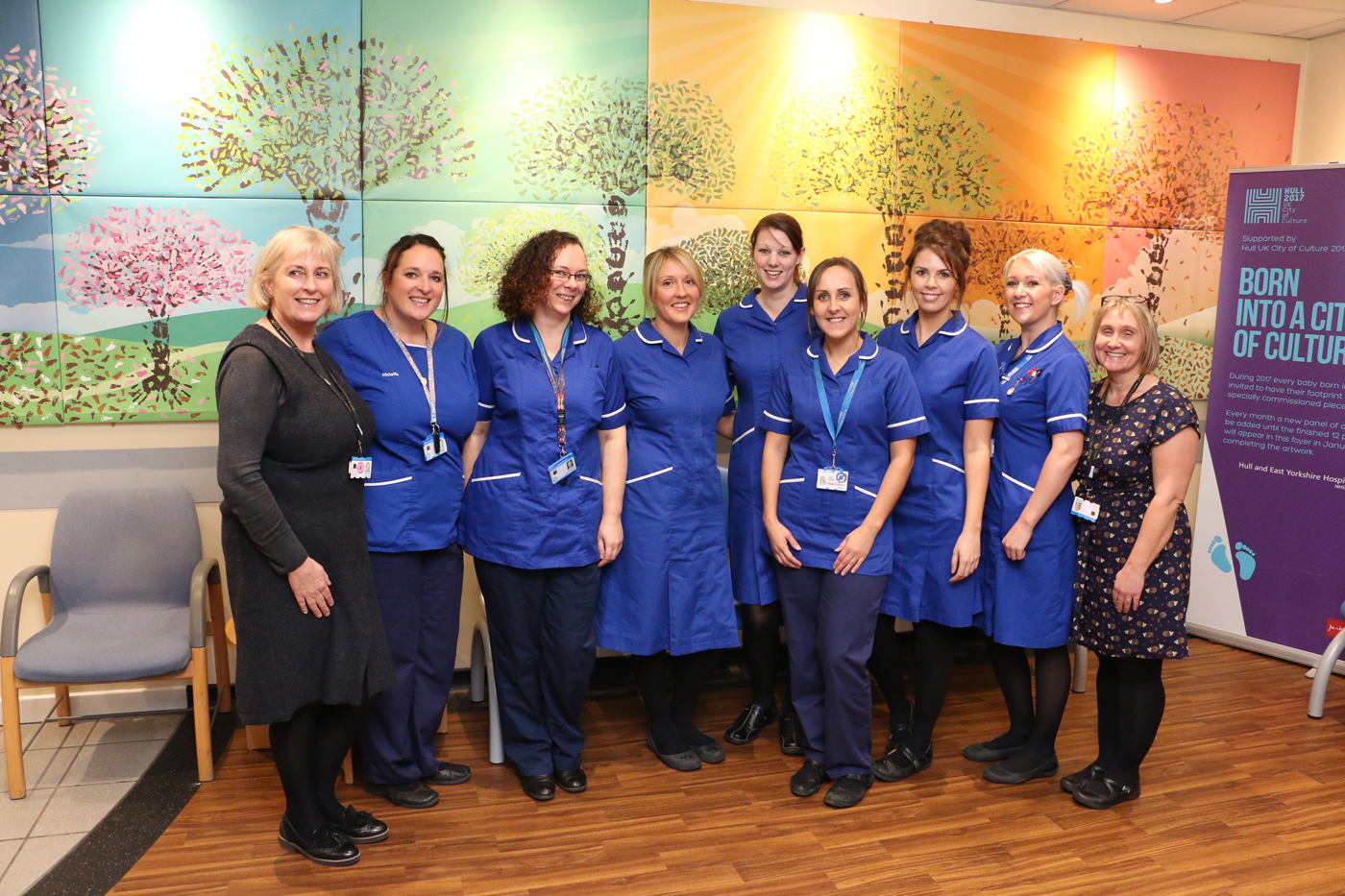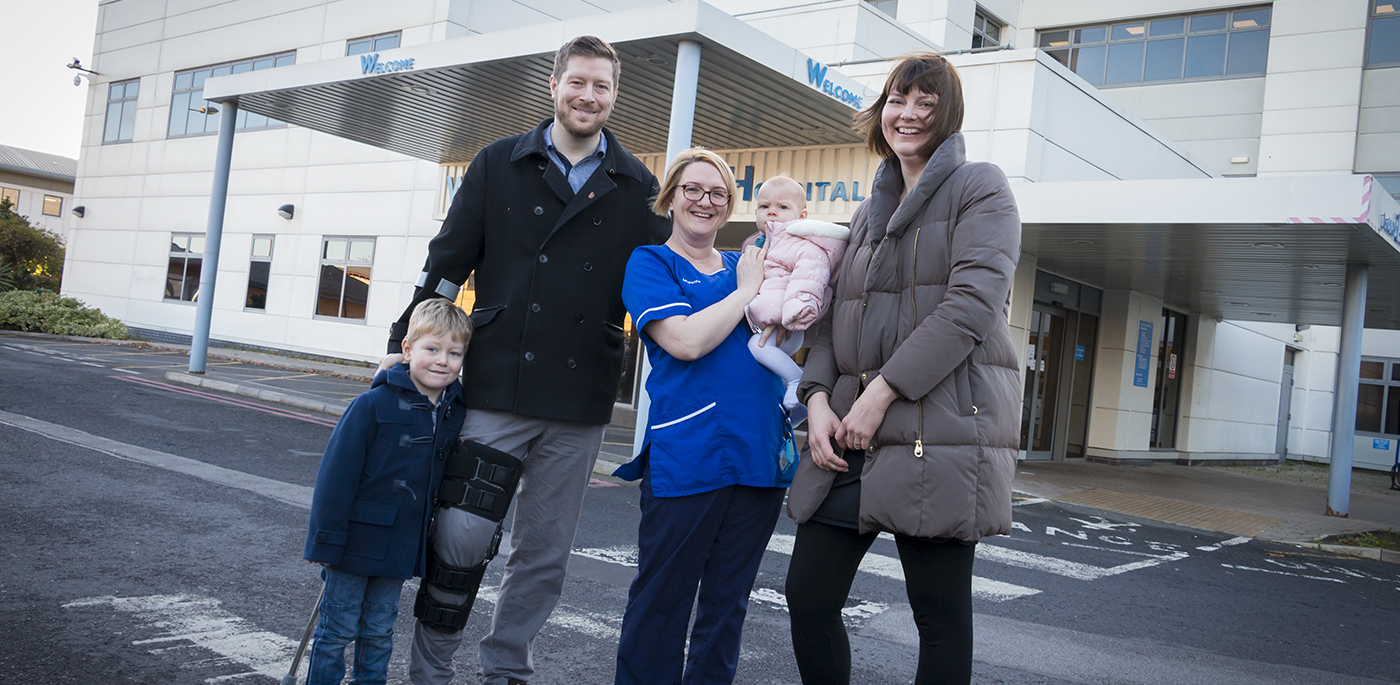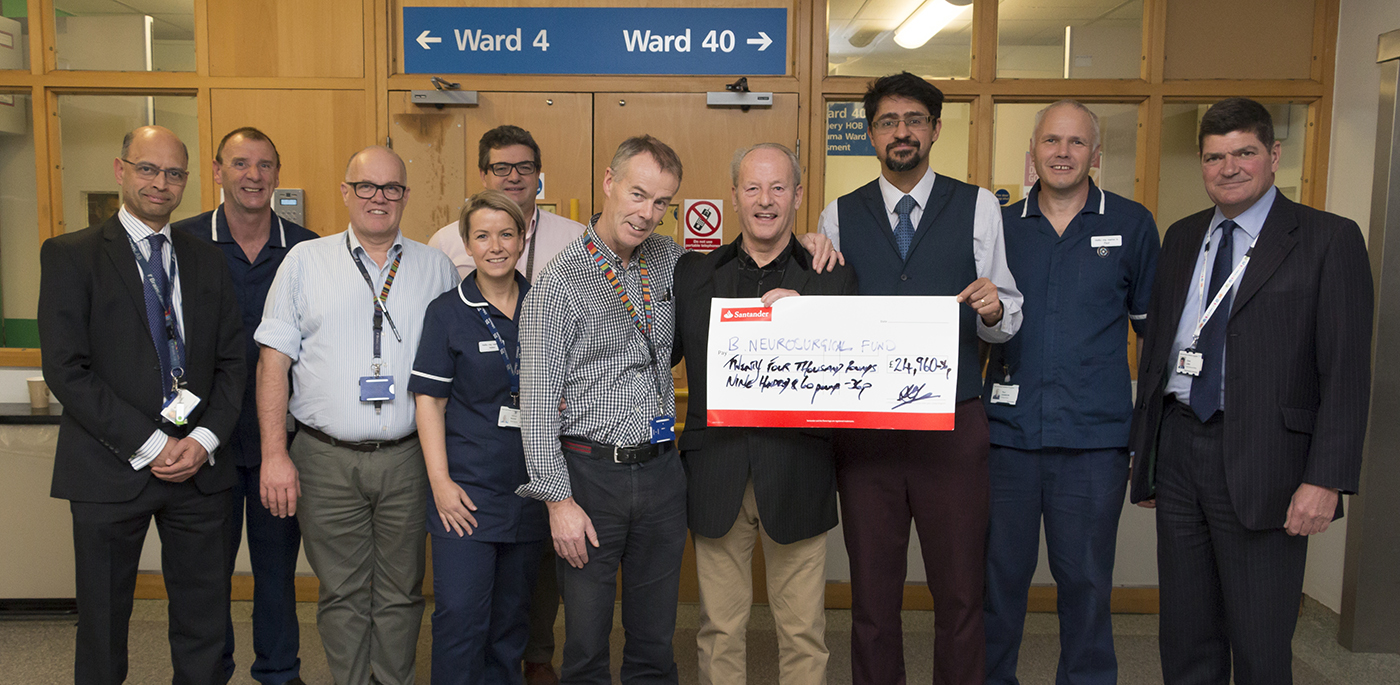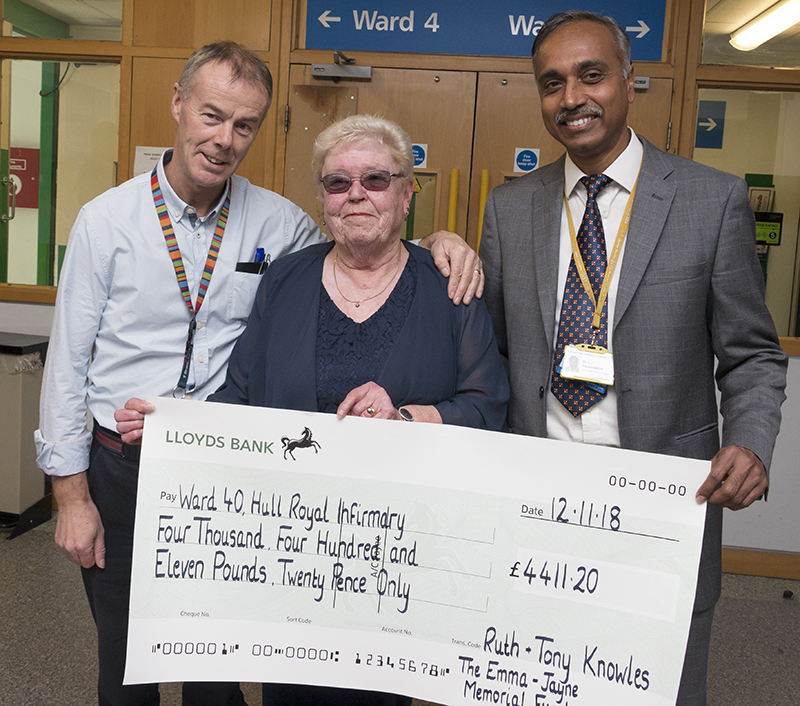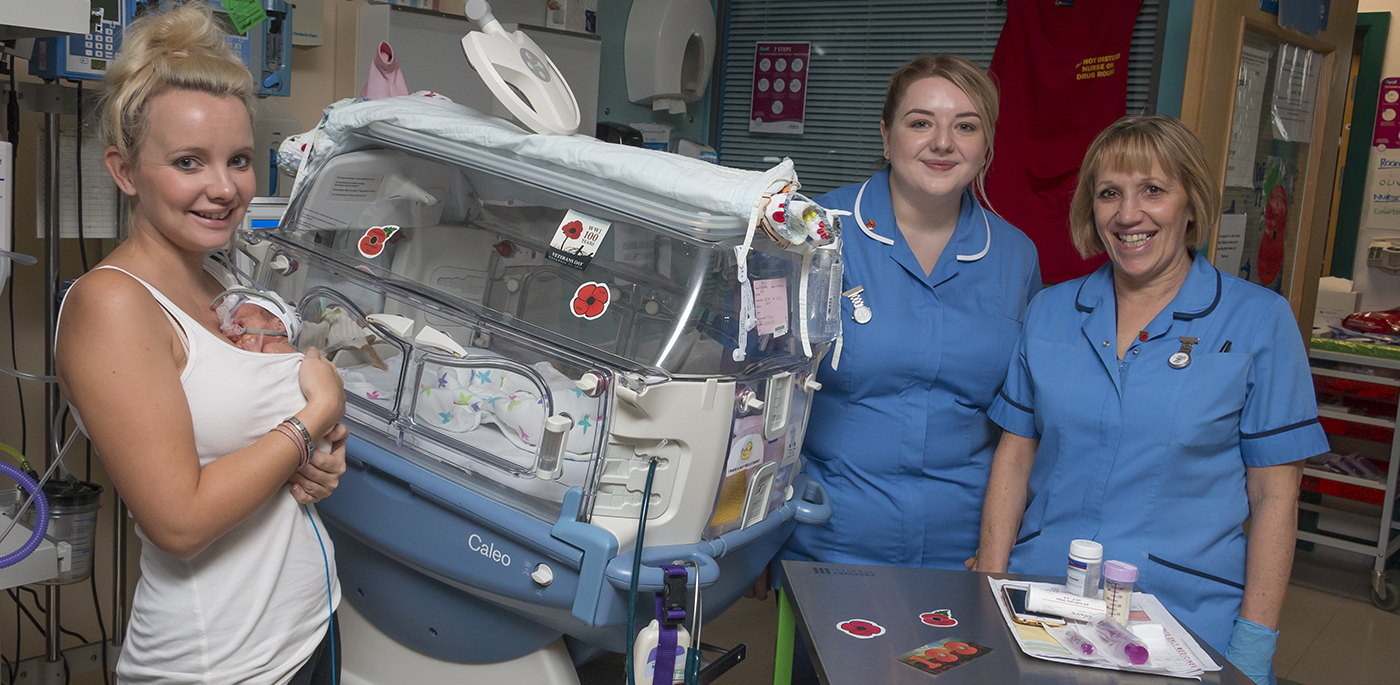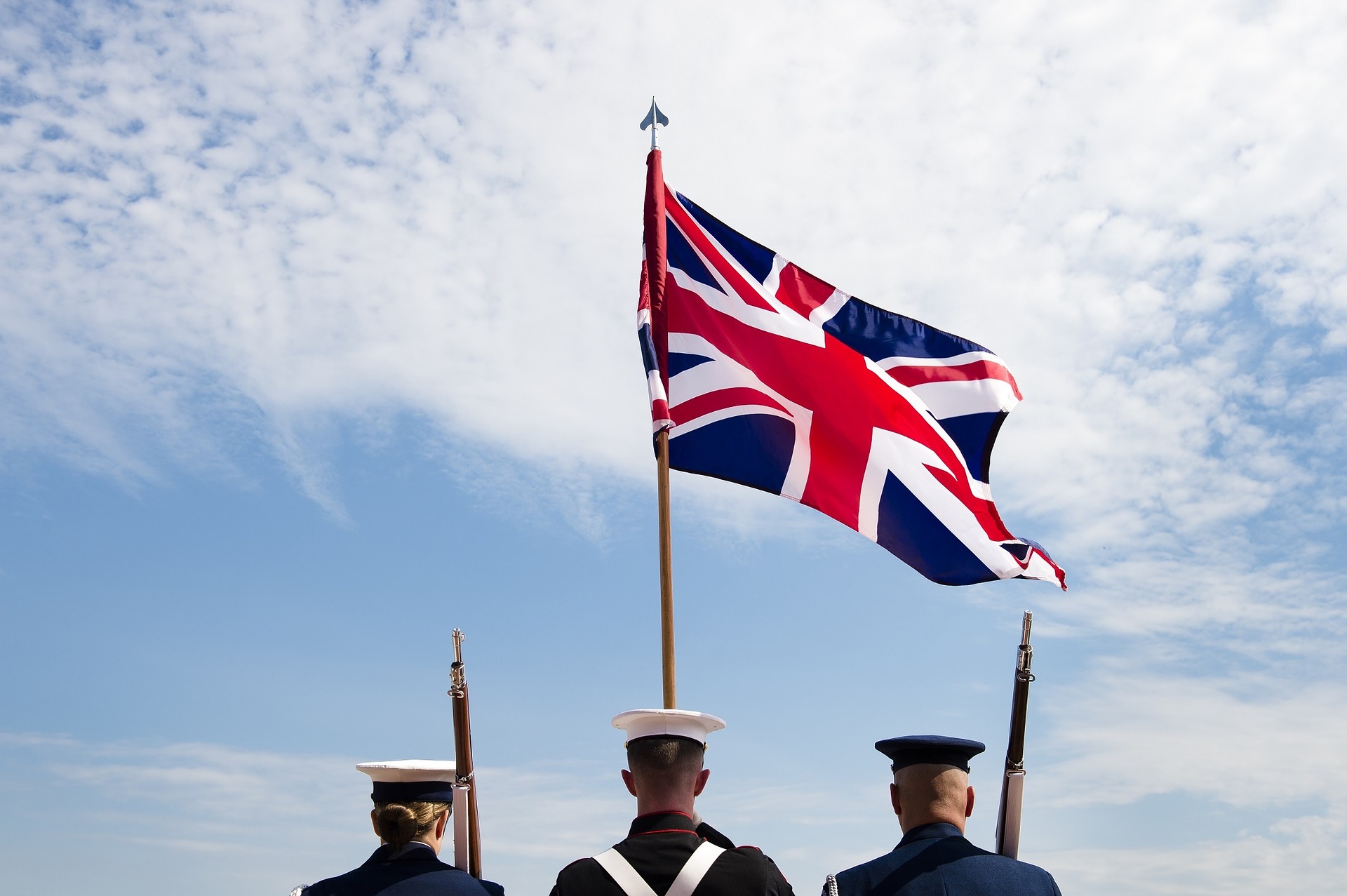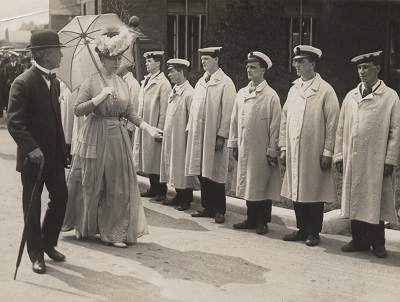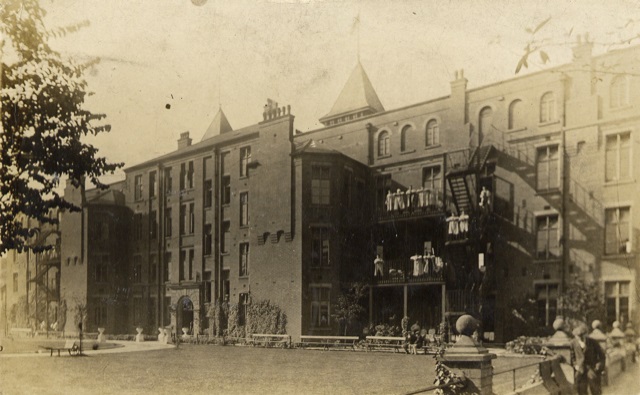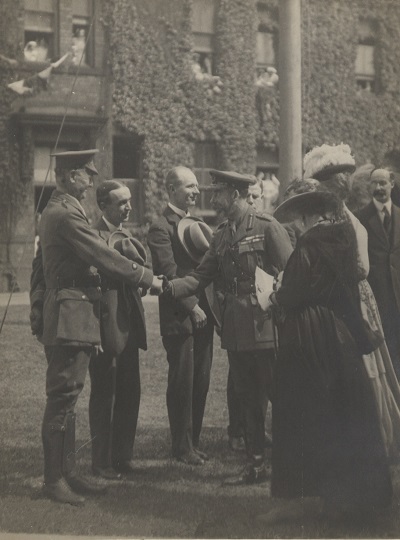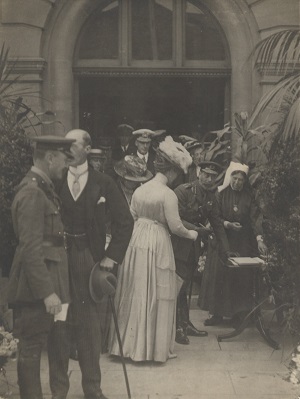The organisation which runs East Yorkshire’s two main hospitals will change its name next year in a bid to attract more clinical staff and trainees.
Hull University Teaching Hospitals NHS Trust, which runs Hull Royal Infirmary and Castle Hill Hospital in Cottingham, has received the official go-ahead from the Department of Health and Social Care to become Hull University Teaching Hospitals NHS Trust from 1st February 2019.
Trust Chairman, Terry Moran, says the move will help to put Hull on more of a level playing field with other big teaching hospitals:
“The Trust delivers so much more than the essential hospital services everybody expects. We work in partnership with the University and Hull York Medical School to provide expert teaching and to undertake first class research and development to further advance patient treatment.
“When choosing somewhere to work or study, we know that medical trainees and other health professionals look at study and career development as part of the overall offer.
“While Hull has had a strong track record for high quality clinical training for a number of years, this is not currently reflected in the Trust name, and this potentially disadvantages us when compared to other regional centres.
“When competing with other such areas to recruit doctors, nurses and other health staff, it’s important that we make ourselves as appealing as possible.
“Changing the Trust name to incorporate our status as a teaching hospital and to reflect our strong links with the university will undoubtedly help us to attract more interest and hopefully more people to work in the city and help us care for local people.”
Professor Julie Jomeen, Dean of the Faculty of Health Sciences at the University of Hull, said:
“At the University of Hull, we welcome the renaming of the Trust which demonstrates its commitment to learning and research and also reflects the shared ambitions and strong connections between the Faculty of Health Sciences, Hull York Medical School, and the Trust.
“For many years, we have been working in close partnership to improve the health of our region: many of our health professionals and medical students gain essential experience as part of their programmes of study at Hull Royal Infirmary and Castle Hill Hospital and make a valuable contribution to the health of our community. A large proportion of our graduates then go on to work at the hospitals post qualification where they build on the close links they have already forged there to develop as outstanding practitioners across many specialities as well as undertaking high-calibre research, which positively influences the health of our region.
“The University’s life-changing research and the nurses, doctors, midwives, operating department practitioners, paramedics and allied health professionals we train in partnership with the Trust are making a real difference to patients.
“Our commitment to the Trust is underpinned by the new simulated training facilities in the Allam Medical Building at the University which ensure that all our graduates learn in the best environments and are fully-prepared for clinical practice.”
Professor Una Macleod, Dean of Hull York Medical School says:
“Since Hull York Medical School was established we have been working with Hull University Teaching Hospitals NHS Trust to ensure we respond to local workforce needs and equip our students with the knowledge and skills they will need to deliver high quality patient centred care.
“From 2019 we will be training an additional 90 doctors per year, many of whom will train and work within the Trust – helping to build a sustainable workforce in the area. We welcome the renaming and believe it will ensure visibility of our joint commitment to inspiring future medical and other healthcare professionals and ensure we attract the very best medical professionals to this region.”
The Trust consulted with a range of partners including Clinical Commissioning Groups, local authorities, Hull York Medical School and the University of Hull on the proposal to change its name, and received strong support.
The formal name change will go ahead on 1st February 2019, and a group within the Trust is now working to prepare for the changeover. Members of the public will start to see the new logo being used online and in electronic documentation from 1st February, however costs will be kept to a minimum as far as possible with signage, stationery etc. largely being updated on a rolling basis or as and when items need replacing.


